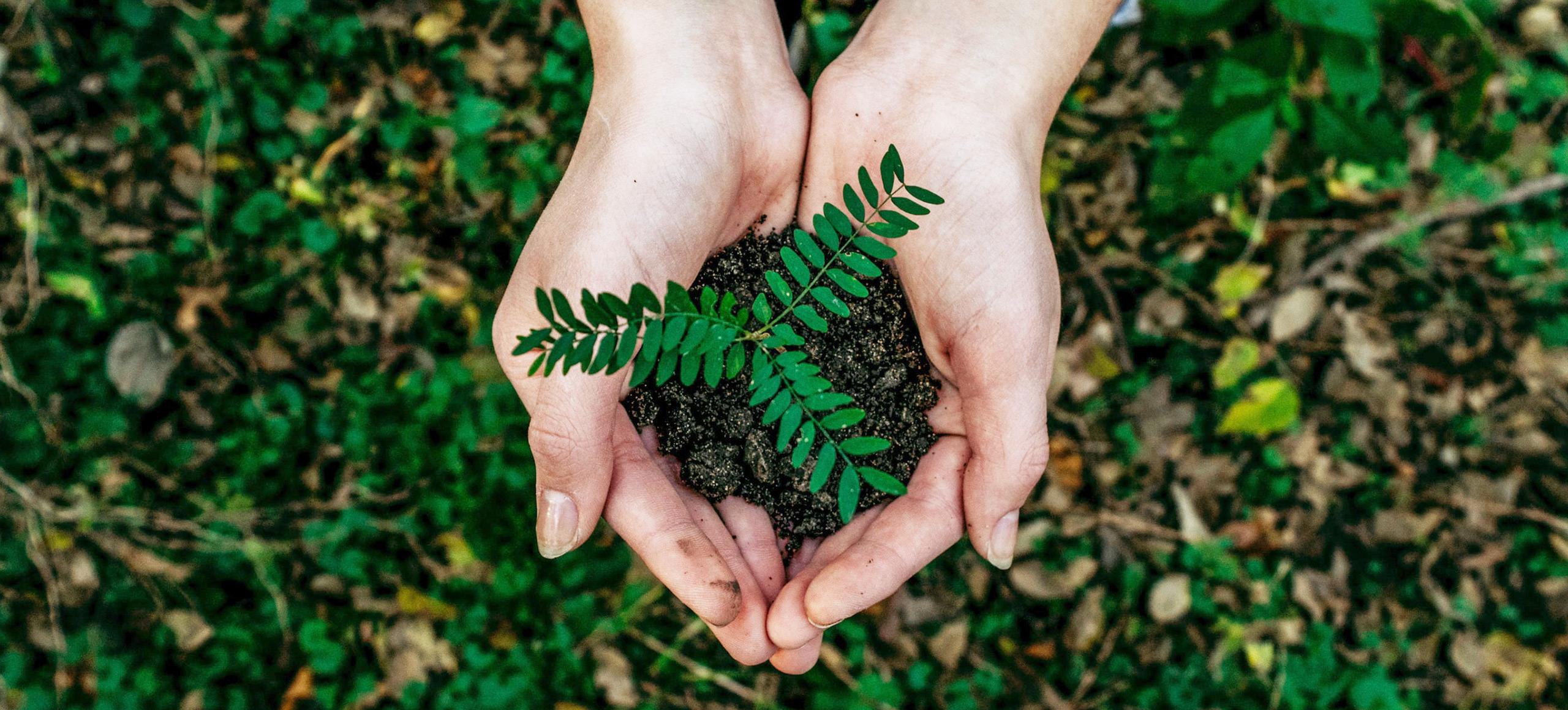We all want to do our part for the planet, but sometimes it can be hard to know where we can even start. With more and more people experiencing 'Green Guilt', we decided to share some eco-friendly tips to help.

What is Green Guilt?
Green Guilt is something we experience when we feel guilty about any habits that may not be sustainable or good for the environment. We might also feel Green Guilt if we feel like we're not doing enough for the changing climate. Sometimes that guilt can motivate us to do better, but sometimes it makes us feel helpless. The solution is taking realistic steps to reduce waste and make better environmental decisions. A few steps together as a community can lead to bigger change than trying to do it all on our own.
The facts on Australia's plastic waste
Clean Up Australia's 2020 Rubbish Report shows us that of every single item in Australian rubbish bins, over half of them are plastic or contain plastic. That means a lot of plastic waste across the nation. Thanks to the COVID-19 lockdowns, we also saw an increase plastic waste, especially soft plastics. The Pact Group's research reveals that more than 1 in 3 Australian households feels that they produced more waste in 2020 than in years before, and 55% of households reported they are more concerned about product packaging than they were in the past.

How we can get better at recycling?
Reducing global plastic pollution is a task that the whole world needs to be involved in. With that in mind, there are some steps we can take individually to reduce landfill waste. For example, we can recycle plastic. The Australian plastics recycling survey - national report shows that in Australia, 84% of plastic used is sent to landfill and only 13% is recycled. Additionally, in Australia approximately 130,000 tonnes of plastic leaks into marine environments.
Re-using resources like plastic can go a long way.

Avoiding waste
When it comes to reducing climate change, waste prevention and reduction can be more effective than recycling waste after the fact. One of the most common forms of plastic waste is bottled water. According to Clean Up Australia, it can take up to 1L of oil and 3L of water to produce the materials for 1L of bottled water.
A great strategy to reduce waste and environmental impact is to switch to a reusable water bottle. You can bring your bottle with you for a drink whenever you need it. A water bottle is a great economic choice as well and if you're filtering your tap water, it can taste as good as bottled water with a BRITA filter.
Additionally, you can reduce plastic waste that may exist in your tap water by using an on-tap filter. A lot of the plastic that ends up in our aquatic environments comes from the microplastics in water. We can use on-tap filters to reduce microplastics and elements like chlorine that can contribute to harming wonders like the Great Barrier Reef. Additionally, those impurities aren't great for us in our drinking water either. A water filtration system helps both us and the natural environment stay healthy.

What can be recycled?
Part of green guilt is that we want to do better, but we don't know how. Some don't know what goes in the recycling bin and what goes in the rubbish bin. And in places with green waste or organics bins, it can be hard to know what natural resources go into the compost or organic bins and what goes into rubbish. Mismanaged waste means that things that could be recycled end up in land fill, while non-recyclable materials take up space in recycling centres.
In Australia, the rules around rubbish bins and recycling bins vary from state to state. If you're unsure, you can always check your state guidelines and the guidelines of your local recycling centre.
This article will be around sustainability research and facts that have been derived from Clean Up Australia and Department of Agriculture, Water and the Environment.
https://www.cleanup.org.au/whatsup
https://www.cleanup.org.au/bottled-water
https://www.brita.co.uk/news-stories/why-brita/holistic/green-guilt-research




